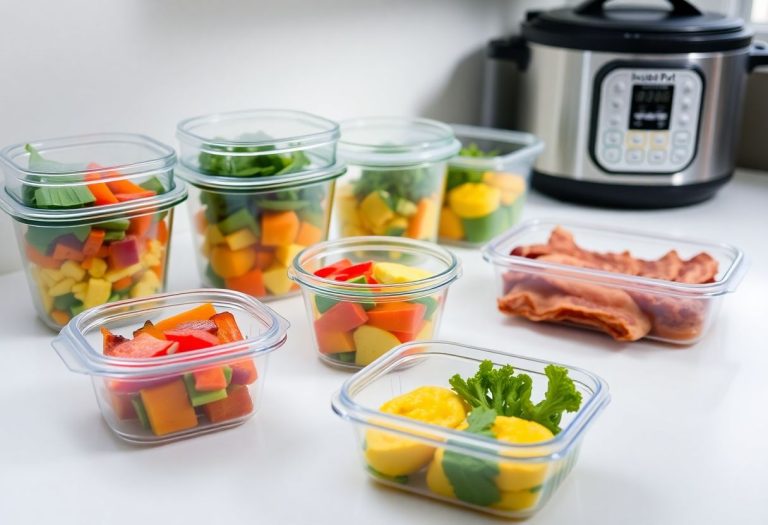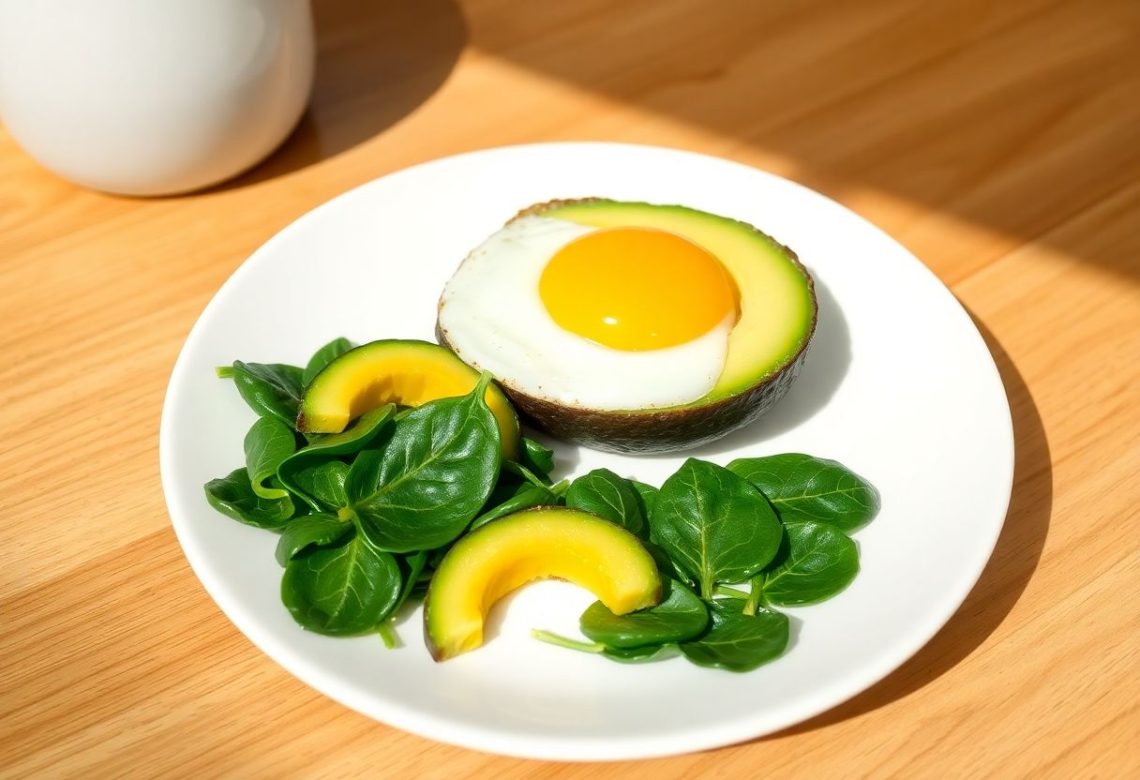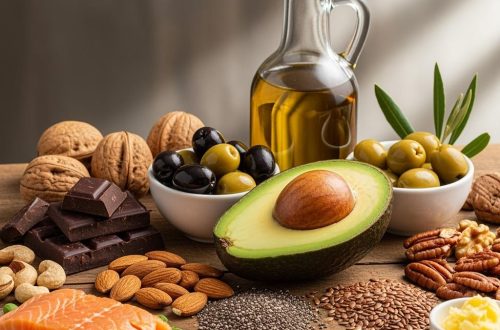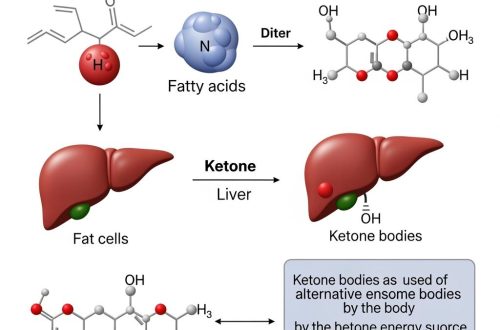Understanding the Keto Diet and Its Benefits
The ketogenic diet is a nutritional approach that emphasizes low carbohydrate intake while increasing fats and maintaining moderate protein consumption. The primary goal is to shift the body’s metabolism into ketosis, a state where fat becomes the main energy source rather than carbohydrates. This metabolic adjustment can lead to increased fat burning and often contributes to weight loss.
Many individuals turn to the keto lifestyle seeking improvements in energy levels, mental clarity, and metabolic health. A diet low in carbs and rich in healthy fats has also been linked to better blood sugar control and reduced inflammation.
Breakfast, being the first meal of the day, plays a critical role in setting the tone for how the body adapts to this new fuel source. Consuming the right foods in the morning helps maintain ketosis and supports sustained energy throughout the day.
Key Principles of a Keto Breakfast
A keto-friendly breakfast must primarily focus on limiting carbohydrate content, usually below 10-15 grams per meal, to prevent disrupting ketosis. Instead, it should be rich in healthy fats and contain an adequate amount of protein to keep hunger at bay and provide essential amino acids.
Balancing these macronutrients is vital. Fat provides the bulk of the energy, while protein supports muscle maintenance. Carbohydrates are kept minimal and ideally come from fibrous, low-glycemic vegetables.
Including whole, unprocessed foods such as eggs, avocados, nuts, seeds, and quality oils forms the foundation of a solid keto breakfast.
Essential Nutrients for a Balanced Keto Morning Meal
Starting the day with a meal that encompasses important nutrients ensures both satisfaction and nutritional balance. Healthy fats like omega-3 and monounsaturated fats support brain function and cardiovascular health. Good sources are fatty fish, avocados, and olive oil.
Protein from sources such as eggs, meats, and dairy assists in tissue repair and muscle preservation. Fiber from low-carb vegetables aids digestion and helps maintain steady blood sugar.
Micronutrients such as magnesium, potassium, and sodium are crucial, especially on a ketogenic diet, due to altered electrolyte balance. Including foods like leafy greens, nuts, and a pinch of salt can help maintain these levels.
Simple and Delicious Keto Breakfast Ideas
Preparing a keto breakfast does not have to be complicated. Some popular choices include scrambled eggs cooked in butter with a side of sautéed spinach or avocado.
Another straightforward option is a frittata loaded with cheese, meats like bacon or sausage, and low-carb vegetables like mushrooms or zucchini.
Chia pudding made with unsweetened almond milk and topped with a few berries offers a refreshing start. Just a handful of nuts paired with full-fat Greek yogurt can also suffice for those short on time.
These meals are not only easy to prepare but also provide the macronutrients needed to remain in ketosis.
Low-Carb Smoothies and Beverages to Start Your Day
Smoothies can be an excellent choice when formulated to fit the keto guidelines. Base the smoothie on full-fat coconut milk, almond milk, or heavy cream, avoiding sugary fruits. Additions like spinach, avocado, or nut butter increase fat and fiber content without boosting carbs.
Protein powders with zero or minimal carbs can offer an extra nutritional boost. Flavors like vanilla or chocolate add variety, making the drink more enjoyable.
Coffee and tea remain staples in many morning routines. Adding MCT oil or grass-fed butter can transform these beverages into “bulletproof” style drinks that supply energy and promote fat burning.
Tips for Meal Prep and Making Keto Breakfasts Convenient

Having keto breakfast options ready to go can streamline mornings and help avoid carb temptations. Preparing egg muffins baked with vegetables and cheese in advance allows for quick reheating.
Batch cooking bacon, sausage, or other protein sources also saves time. Keeping pre-washed leafy greens and chopped veggies on hand simplifies adding fiber and nutrients to eggs or smoothies.
Using airtight containers to store smoothie ingredients in the freezer can reduce preparation time. Planning meals ahead and making use of kitchen gadgets like slow cookers or instant pots can keep the morning routine hassle-free.
Common Mistakes to Avoid in a Keto Breakfast
One frequent misstep is underestimating hidden sugars, which can quickly add up and disrupt ketosis. Sauce packets, flavored yogurts, and some nut butters may contain unwanted carbs.
Another mistake is consuming too much protein instead of fat. Excess protein can convert to glucose through gluconeogenesis, hindering ketosis.
Skipping breakfast altogether can lead to overeating later in the day, which is generally counterproductive. Finally, not drinking enough water or neglecting electrolytes in the morning can cause fatigue and headaches.
Incorporating Variety and Flavor in Your Keto Morning Routine
Eating a diverse range of foods prevents boredom and ensures a broader spectrum of nutrients. Try different cooking methods such as grilling, baking, or sautéing to change textures and flavors.
Experiment with spices like turmeric, cinnamon, or smoked paprika to add complexity without carbs. Using fresh herbs such as basil, cilantro, or chives can brighten dishes.
Incorporating international cuisines such as keto-friendly shakshuka or avocado-based Mexican breakfasts can make mornings more interesting and enjoyable.
Adapting Keto Breakfasts for Different Dietary Preferences
Keto meals can be tailored to suit various dietary needs. For those following a vegetarian lifestyle, options like eggs, cheese, nuts, seeds, and low-carb vegetables provide a solid foundation.
Vegan keto breakfasts might include tofu scramble with avocado or chia pudding prepared with plant-based milk and enhanced with coconut oil.
Gluten-free keto breakfasts are easy to achieve when avoiding grain products and focusing on whole foods like eggs, meat, and vegetables.
Being mindful of personal preferences and restrictions allows one to stick to the ketogenic principles without monotony.
Maintaining Keto Breakfast Habits for Long-Term Success
Consistency is key when following a ketogenic diet. Creating a routine around satisfying morning meals encourages adherence and supports metabolic stability.
Listening to hunger cues and adjusting portion sizes accordingly helps maintain energy and prevents burnout. Staying engaged by introducing new recipes and seasonal ingredients keeps meals appealing.
Tracking progress and noting how different breakfasts impact physical and mental performance can guide fine-tuning dietary choices.
The long-term benefits of maintaining a keto breakfast regimen include improved body composition, increased mental focus, and enhanced overall well-being.





